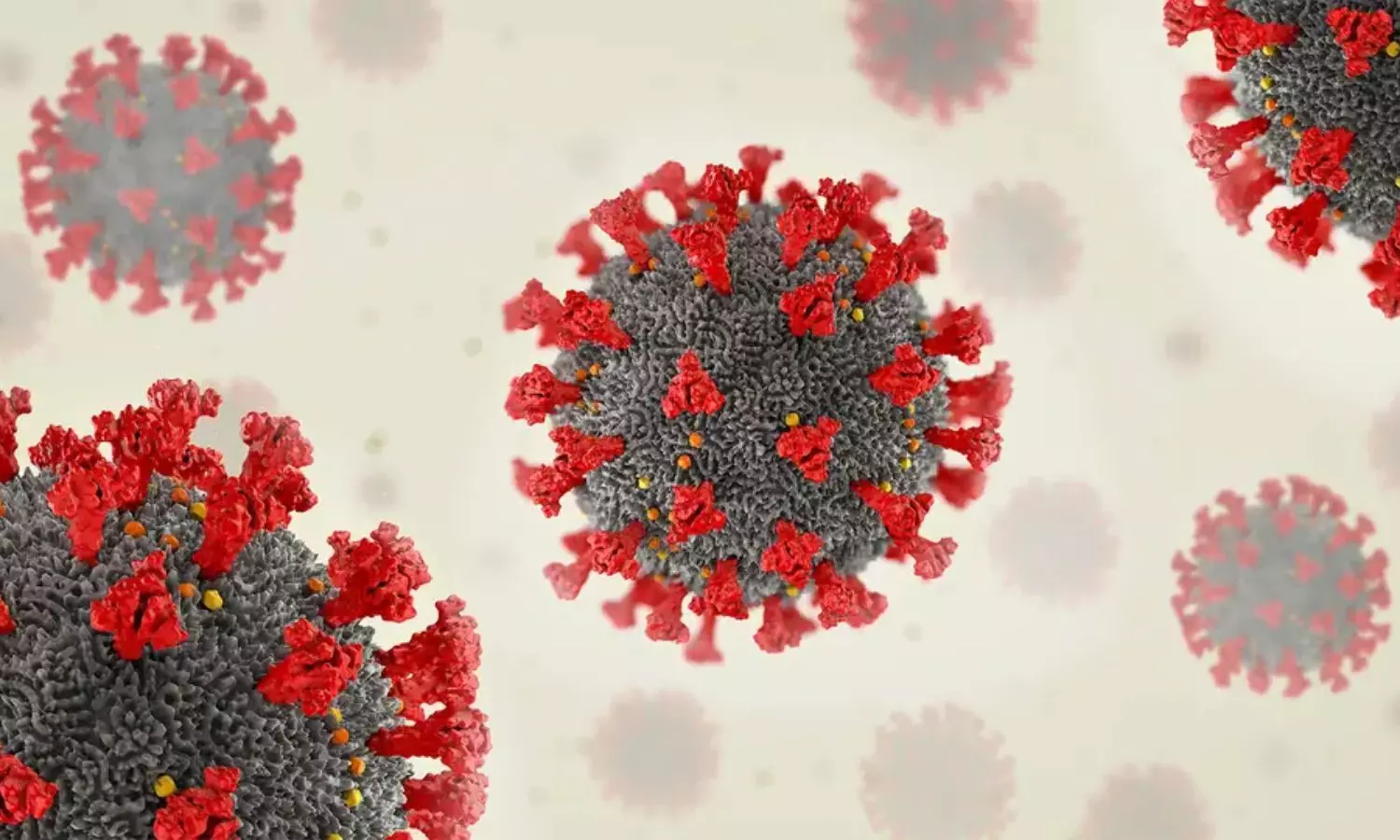- Home
- Medical news & Guidelines
- Anesthesiology
- Cardiology and CTVS
- Critical Care
- Dentistry
- Dermatology
- Diabetes and Endocrinology
- ENT
- Gastroenterology
- Medicine
- Nephrology
- Neurology
- Obstretics-Gynaecology
- Oncology
- Ophthalmology
- Orthopaedics
- Pediatrics-Neonatology
- Psychiatry
- Pulmonology
- Radiology
- Surgery
- Urology
- Laboratory Medicine
- Diet
- Nursing
- Paramedical
- Physiotherapy
- Health news
- Fact Check
- Bone Health Fact Check
- Brain Health Fact Check
- Cancer Related Fact Check
- Child Care Fact Check
- Dental and oral health fact check
- Diabetes and metabolic health fact check
- Diet and Nutrition Fact Check
- Eye and ENT Care Fact Check
- Fitness fact check
- Gut health fact check
- Heart health fact check
- Kidney health fact check
- Medical education fact check
- Men's health fact check
- Respiratory fact check
- Skin and hair care fact check
- Vaccine and Immunization fact check
- Women's health fact check
- AYUSH
- State News
- Andaman and Nicobar Islands
- Andhra Pradesh
- Arunachal Pradesh
- Assam
- Bihar
- Chandigarh
- Chattisgarh
- Dadra and Nagar Haveli
- Daman and Diu
- Delhi
- Goa
- Gujarat
- Haryana
- Himachal Pradesh
- Jammu & Kashmir
- Jharkhand
- Karnataka
- Kerala
- Ladakh
- Lakshadweep
- Madhya Pradesh
- Maharashtra
- Manipur
- Meghalaya
- Mizoram
- Nagaland
- Odisha
- Puducherry
- Punjab
- Rajasthan
- Sikkim
- Tamil Nadu
- Telangana
- Tripura
- Uttar Pradesh
- Uttrakhand
- West Bengal
- Medical Education
- Industry
Repeated hsCRP may predict mortality risk among patients of acute HF

High-sensitivity C-reactive protein (hsCRP) has long been recognized as a marker of inflammation in various medical contexts. Among patients hospitalized for heart failure, elevated hsCRP levels at admission have been associated with worse outcomes. However, a recent study delves deeper into the long-term cumulative effects of hsCRP levels on the prognosis of heart failure patients.
The study results were published in the Journal of the American Heart Association.
The study enrolled a total of 1281 patients who were hospitalized for heart failure. These patients were monitored at admission and at 1 and 12 months after discharge to collect hsCRP data. The researchers employed two approaches to assess long-term cumulative hsCRP levels: quartiles of cumulative hsCRP levels and cumulative instances of high hsCRP levels. Patients were categorized into four groups based on these criteria.
A total of 1281 patients with a median age was 64 (interquartile range, 54–73) years were included. Of these 35.4% were women.During a follow-up period averaging 4.8 years, 374 (29.2%) patients passed away. The study found a compelling link between elevated long-term cumulative hsCRP levels and increased mortality risk.
Findings:
- When compared to quartile 1 (used as a reference), the hazard ratios (HRs) for mortality were 1.29 (95% CI, 0.92–1.81) for quartile 2, 1.62 (95% CI, 1.16–2.25) for quartile 3, and 2.38 (95% CI, 1.75–3.23) for quartile 4 demonstrating a progressively higher mortality risk with increasing quartiles of cumulative hsCRP levels.
- Likewise, patients were grouped based on the cumulative times their hsCRP levels exceeded cutoff values.
- When compared to patients with 0-times (hsCRP levels below cutoff values in all three time points), those with 1-time had an HR of 1.36 (95% CI, 0.92–2.01), those with 2-times had an HR of 1.95 (95% CI, 1.34–2.82), and those with 3-times had an HR of 2.80 (95% CI, 1.97–4.00) which suggests a substantial increase in mortality risk with each additional instance of high hsCRP levels.
Thus, the study's findings underscore the significance of long-term cumulative hsCRP levels in predicting outcomes for patients hospitalized for acute heart failure. Monitoring hsCRP levels over time could assist physicians in identifying patients at a higher risk of mortality. Early identification and intervention for patients with elevated long-term hsCRP levels may offer a valuable tool in improving their prognosis and overall care.
Further reading: Long‐Term Cumulative High‐Sensitivity C‐Reactive Protein and Mortality Among Patients With Acute Heart Failure. https://doi.org/10.1161/JAHA.123.029386, Journal of the American Heart Association. 2023;12:e029386.
BDS, MDS
Dr.Niharika Harsha B (BDS,MDS) completed her BDS from Govt Dental College, Hyderabad and MDS from Dr.NTR University of health sciences(Now Kaloji Rao University). She has 4 years of private dental practice and worked for 2 years as Consultant Oral Radiologist at a Dental Imaging Centre in Hyderabad. She worked as Research Assistant and scientific writer in the development of Oral Anti cancer screening device with her seniors. She has a deep intriguing wish in writing highly engaging, captivating and informative medical content for a wider audience. She can be contacted at editorial@medicaldialogues.in.
Dr Kamal Kant Kohli-MBBS, DTCD- a chest specialist with more than 30 years of practice and a flair for writing clinical articles, Dr Kamal Kant Kohli joined Medical Dialogues as a Chief Editor of Medical News. Besides writing articles, as an editor, he proofreads and verifies all the medical content published on Medical Dialogues including those coming from journals, studies,medical conferences,guidelines etc. Email: drkohli@medicaldialogues.in. Contact no. 011-43720751




